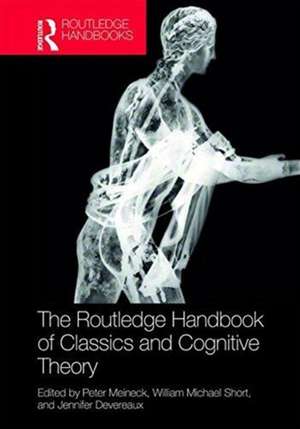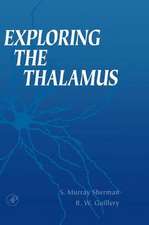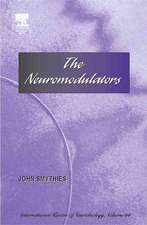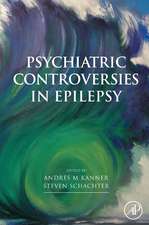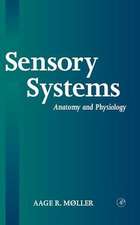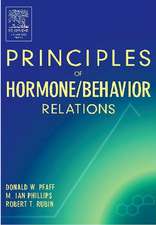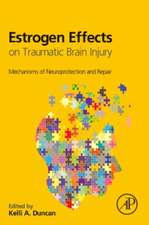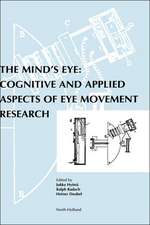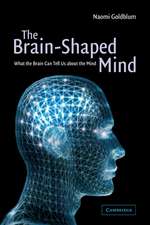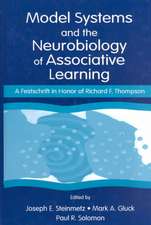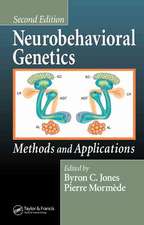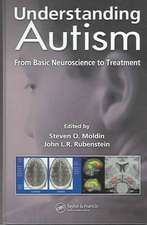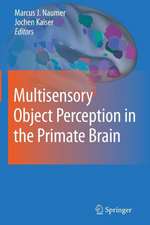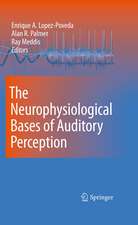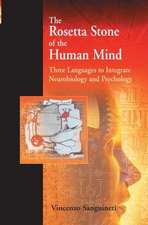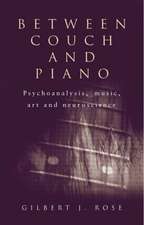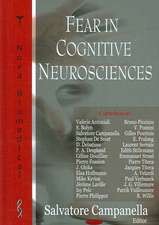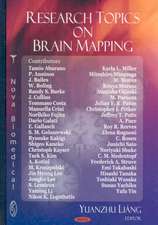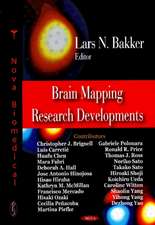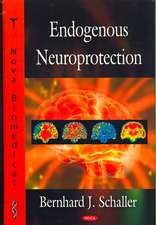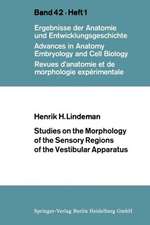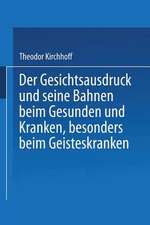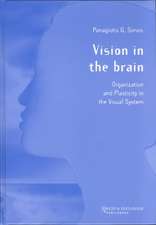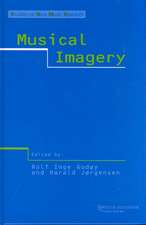The Routledge Handbook of Classics and Cognitive Theory: Routledge Handbooks of Classics and Theory
Editat de Peter Meineck, William Michael Short, Jennifer Devereauxen Limba Engleză Hardback – 19 dec 2018
The Routledge Handbook of Classics and Cognitive Theory is an interdisciplinary volume that examines the application of cognitive theory to the study of the classical world, across several interrelated areas including linguistics, literary theory, social practices, performance, artificial intelligence and archaeology. With contributions from a diverse group of international scholars working in this exciting new area, the volume explores the processes of the mind drawing from research in psychology, philosophy, neuroscience, and anthropology, and interrogates the implications of these new approaches for the study of the ancient world.
Topics covered in this wide-ranging collection include: cognitive linguistics applied to Homeric and early Greek texts, Roman cultural semantics, linguistic embodiment in Latin literature, group identities in Greek lyric, cognitive dissonance in historiography, kinesthetic empathy in Sappho, artificial intelligence in Hesiod and Greek drama, the enactivism of Roman statues and memory and art in the Roman Empire.
This ground-breaking work is the first to organize the field, allowing both scholars and students access to the methodologies, bibliographies and techniques of the cognitive sciences and how they have been applied to classics.
| Toate formatele și edițiile | Preț | Express |
|---|---|---|
| Paperback (1) | 430.09 lei 6-8 săpt. | |
| Taylor & Francis – 18 dec 2020 | 430.09 lei 6-8 săpt. | |
| Hardback (1) | 1218.68 lei 6-8 săpt. | |
| Taylor & Francis – 19 dec 2018 | 1218.68 lei 6-8 săpt. |
Preț: 1218.68 lei
Preț vechi: 1635.68 lei
-25% Nou
233.20€ • 249.37$ • 194.43£
Carte tipărită la comandă
Livrare economică 17 aprilie-01 mai
Specificații
ISBN-10: 1138913529
Pagini: 430
Ilustrații: 21
Dimensiuni: 174 x 246 x 30 mm
Greutate: 0.96 kg
Ediția:1
Editura: Taylor & Francis
Colecția Routledge
Seria Routledge Handbooks of Classics and Theory
Locul publicării:Oxford, United Kingdom
Cuprins
Notă biografică
William Michael Short joined the Department of Classics and Ancient History at the University of Exeter, UK in 2017, after holding positions at the University of Texas at San Antonio and Loyola University, Maryland, both in the USA. He has edited or co-edited several volumes of papers including Con i Romani: Studi antropologici del mondo antico (2014, in Italian), Embodiment in Latin Semantics (2016) and Toward a Cognitive Classical Linguistics (forthcoming).
Jennifer Devereaux is an advanced PhD candidate in Classics at the University of Southern California, USA. She is a member of the Computational Social Sciences Laboratory at USC’s Brain and Creativity Institute and is currently a visiting postgraduate researcher at the University of Edinburgh, UK, in the Department of History, Classics and Archaeology. She has written a number of chapters on the topics of embodied cognition, historiography and rhetoric.
Recenzii
Jennifer Larson, Kent State University, USA
Descriere
The Routledge Handbook of Classics and Cognitive Theory is an interdisciplinary volume that examines the application of cognitive theory to the study of the classical world, across several interrelated areas including linguistics, literary theory, social practices, performance, artificial intelligence and archaeology. With contributions from a diverse group of international scholars working in this exciting new area, the volume explores the processes of the mind drawing from research in psychology, philosophy, neuroscience, and anthropology, and interrogates the implications of these new approaches for the study of the ancient world.
Topics covered in this wide-ranging collection include: cognitive linguistics applied to Homeric and early Greek texts, Roman cultural semantics, linguistic embodiment in Latin literature, group identities in Greek lyric, cognitive dissonance in historiography, kinesthetic empathy in Sappho, artificial intelligence in Hesiod and Greek drama, the enactivism of Roman statues and memory and art in the Roman Empire.
This ground-breaking work is the first to organize the field, allowing both scholars and students access to the methodologies, bibliographies and techniques of the cognitive sciences and how they have been applied to classics.
